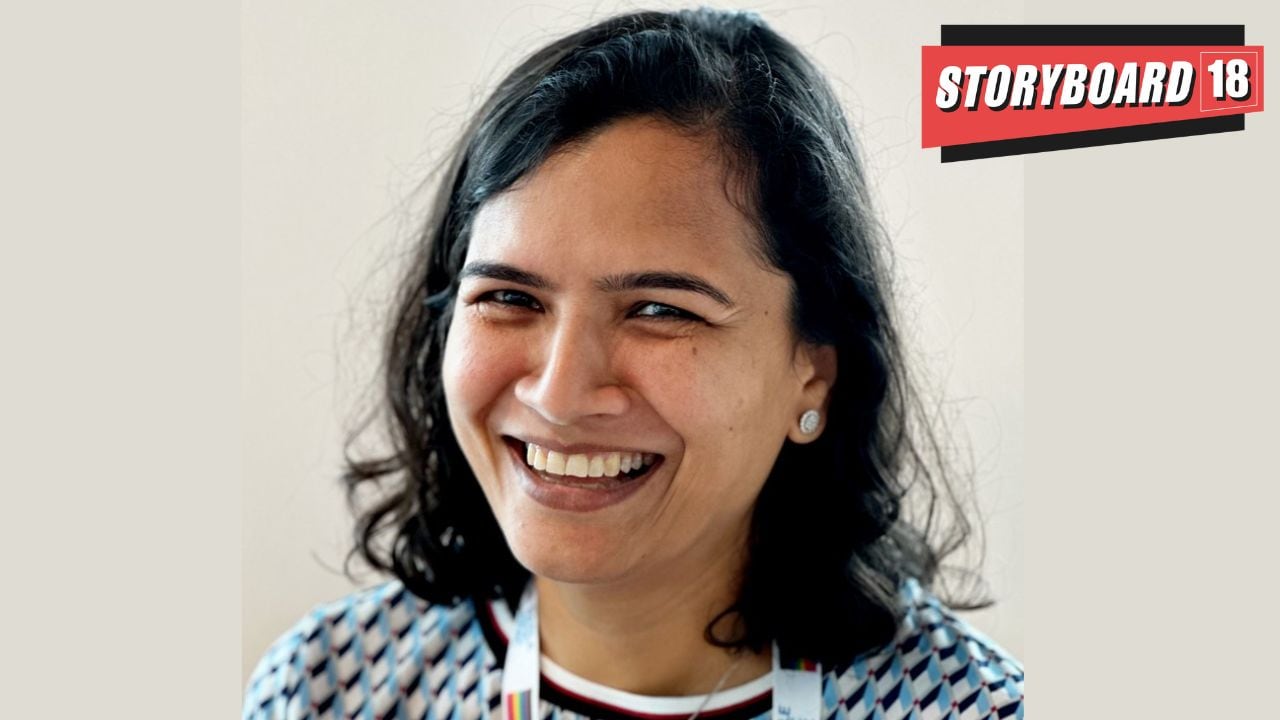“Why should laundry only be the woman’s responsibility?” asks Mukta Maheshwari, Chief Marketing Officer, P&G India, and Vice President, Fabric Care, P&G, Indian subcontinent. This is Maheshwari’s first #ShareTheLoad campaign for laundry detergent Ariel after taking charge in this new role.
“If you want to represent the voice of the consumer and drive societal shift, you should be aware of the conversations the society is having. About nine years ago, when we started the campaign, 75 percent of men felt that doing the laundry was a woman’s job. Today, only 25 percent think so. That’s good progress, but is that enough? Women still don’t believe there’s equality at home. Seventy-nine percent of women still call when they are away and check with their partners on how things are going at home. That means that still there’s work left to be done,” asserts Maheshwari.
“Today, women comprise 25 percent of the workforce, and their numbers are growing. If women are to contribute to the world, they need to feel confident that the home front is fully covered when they are away. That’s why we shifted this year’s focus to the mental load that women carry. While the physical load may be taken care of, they are still going through a list in their head which runs into pages and pages,” says Maheshwari, and adds, “The intent is to drive shared responsibility and ownership.”
Asked what’s wrong with simply making a sale without attaching deeper meaning to it, Maheshwari replies, “I think the difference between a product and a brand is that a brand has a persona and it has values. I will take the example of Ariel. One aspect of Ariel is that it gives the best results. No matter what the condition is, no matter who does the laundry. The other is the emotional aspect of the brand, that it is a partner to women, and truly believes that if women progress, society progresses. This is not a forced purpose. Today, consumers demand more from brands, and buy brands that stand for something. It is exciting to be part of this movement and to try to move the needle, to evolve as a brand, and drive the conversation in society,” she said.
Maheshwari’s home situation somewhat relates to the campaign, which aims to foster a culture of equal ownership and accountability of household responsibilities between men and women.
“I am living the #ShareTheLoad life,” she declares. “I have just moved from Singapore, though my family’s still there. I have two very young children and would not have dreamt of taking this leap had my husband not inspired the confidence that my home team is one solid team,’’ she adds.
Maheshwari is excited to be back in India. “I was out of India for 17 years and couldn’t be more excited to be back. If there is a time to be a part of the India story, it is now. If there is a time to be a marketer in India, it is now. It is one of the most complex marketing ecosystems,” she adds.
Read More: What do women think of their portrayal of women in advertising?
